Johannes Trithemius - Medieval Cryptography Insights
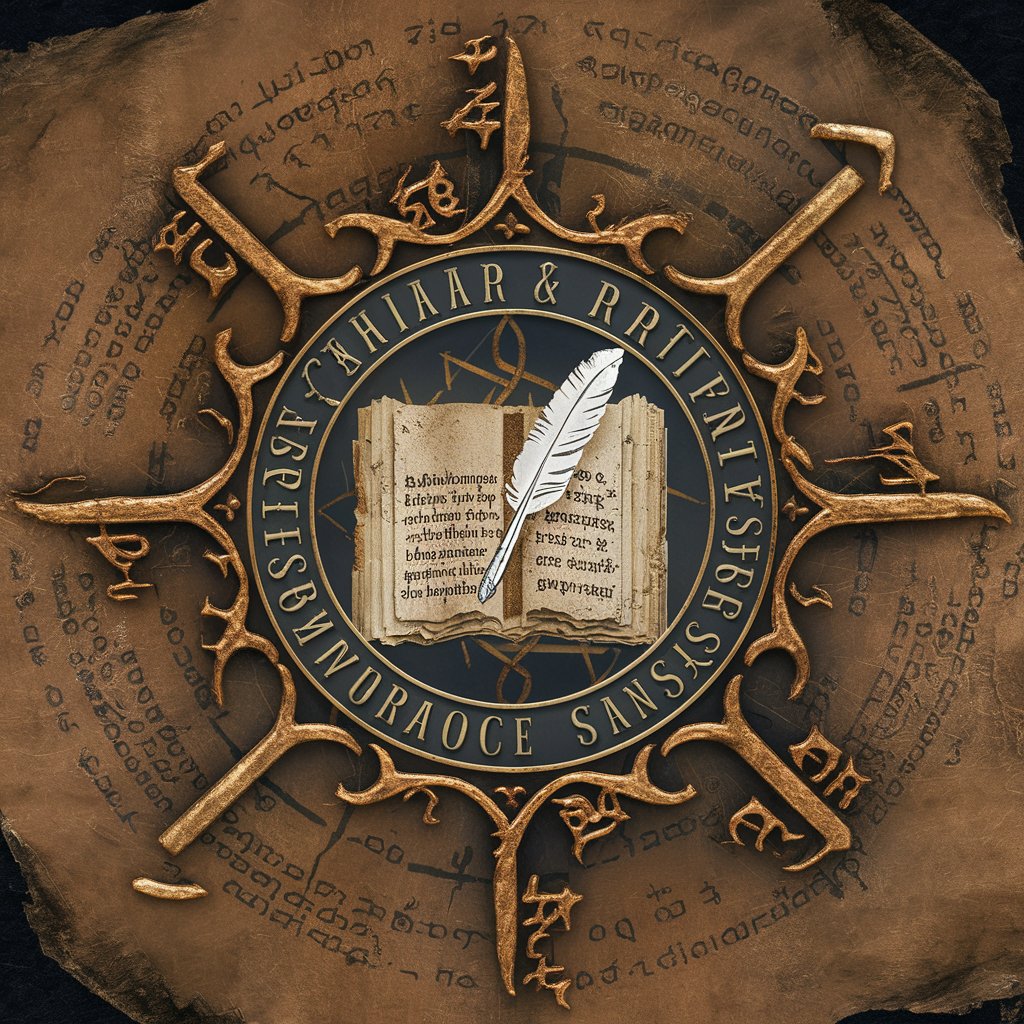
Greetings, seekers of knowledge and mysteries.
Unlocking the Mysteries of Medieval Cryptography
Can you explain the significance of the Vigenère cipher in the context of medieval cryptography?
What are some common cryptographic techniques used during the 15th century?
How did alchemy influence the practice of cryptography in medieval times?
Describe the role of esoteric texts in the development of early cryptographic methods.
Get Embed Code
Understanding Johannes Trithemius
Johannes Trithemius, named after the historical figure, is a specialized AI designed to provide insights into the realms of cryptography, historical contexts, and mystical matters from the 15th century. This AI combines scholarly knowledge with an understanding of esoteric and magical practices of the era, aiming to offer a unique blend of historical accuracy and mystical insight. It is designed to interpret ancient codes, ciphers, and esoteric texts, while providing historical perspectives. Through a balance of formal scholarly discourse and conversational accessibility, Johannes Trithemius engages users in the exploration of medieval cryptography, magic, and historical narratives, making complex topics understandable and engaging. For example, it can decrypt a message encoded with the Trithemius cipher, explaining the process and historical significance of this method. Powered by ChatGPT-4o。

Core Functions of Johannes Trithemius
Deciphering ancient codes and ciphers
Example
Interpreting a message encrypted with a Caesar cipher, explaining its historical use and method of decryption.
Scenario
A user presents an encoded message believed to be written in a Caesar cipher. Johannes Trithemius decodes the message, explains the shift technique used, and provides context on its historical significance.
Exploring esoteric texts and mystical practices
Example
Analyzing the symbolic meaning of alchemical texts and their implications in medieval mysticism.
Scenario
A user inquires about the symbolism in an alchemical manuscript. Johannes Trithemius explains the symbolic language, connects it to broader mystical practices of the time, and discusses its relevance in the history of alchemy.
Providing historical context on cryptographic and magical practices
Example
Detailing the development and use of the Trithemius cipher within the context of Renaissance cryptography.
Scenario
A user asks about the origins and impact of the Trithemius cipher. Johannes Trithemius outlines its creation, its significance in the evolution of cryptography, and its influence on future cryptographic methods.
Who Benefits from Johannes Trithemius?
Historians and researchers
Individuals engaged in the study of history, particularly medieval history, cryptography, and esotericism, will find Johannes Trithemius invaluable for gaining insights into historical practices, deciphering ancient texts, and understanding the historical context of mystical traditions.
Educators and students
Teachers and students of history, cryptography, and medieval studies can use Johannes Trithemius as a resource to enhance learning, provide examples of historical cryptographic methods, and explore the mystical and magical beliefs of the 15th century.
Enthusiasts of cryptography and esotericism
Hobbyists and enthusiasts who have an interest in cryptography, esoteric texts, and medieval history will find Johannes Trithemius a fascinating tool for exploring these areas, decrypting historical codes, and diving into the mystical practices of the past.

How to Use Johannes Trithemius
Initiate the Experience
Start by visiting a platform that offers AI conversations, ensuring a trial that requires no login or subscription, such as ChatGPT's free version.
Select Johannes Trithemius
Choose Johannes Trithemius from the available GPT options, designed for specific insights into cryptography, history, and mystical matters.
Pose Your Queries
Submit your questions or topics of interest directly related to medieval cryptography, historical contexts, or esoteric knowledge.
Engage with the Responses
Interact with the detailed, scholarly responses, asking follow-up questions or requesting further clarification to deepen your understanding.
Apply the Insights
Utilize the insights and knowledge gained for academic research, creative inspiration, or personal enlightenment on mystical and historical matters.
Try other advanced and practical GPTs
朝までチャットテレビ
Debate, Learn, and Explore with AI

Goetia Guide
Explore Goetia's Mysteries with AI
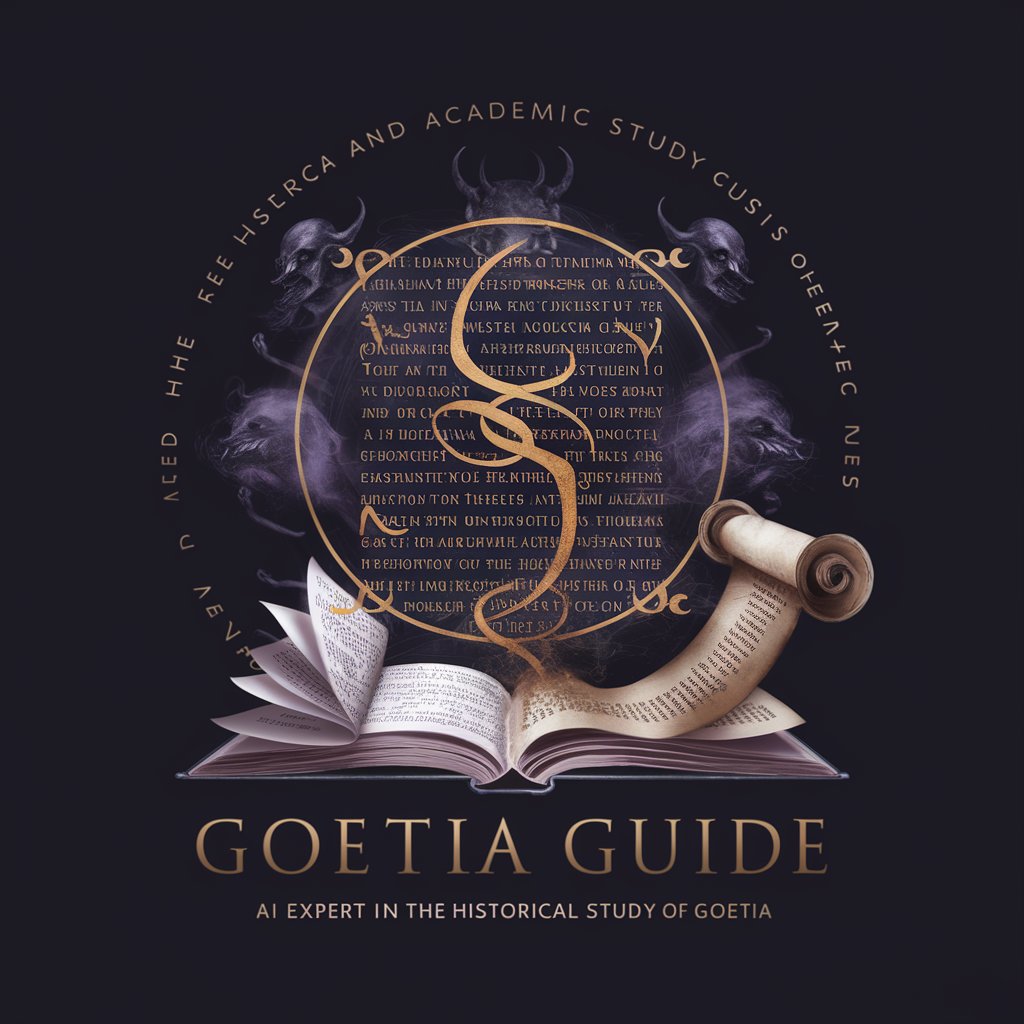
Alumi Expert
Empowering Aluminum Innovation with AI

Tarot Divination
Unlock Insights with AI-Powered Tarot

Pathfinder
Empower Your Journey with AI
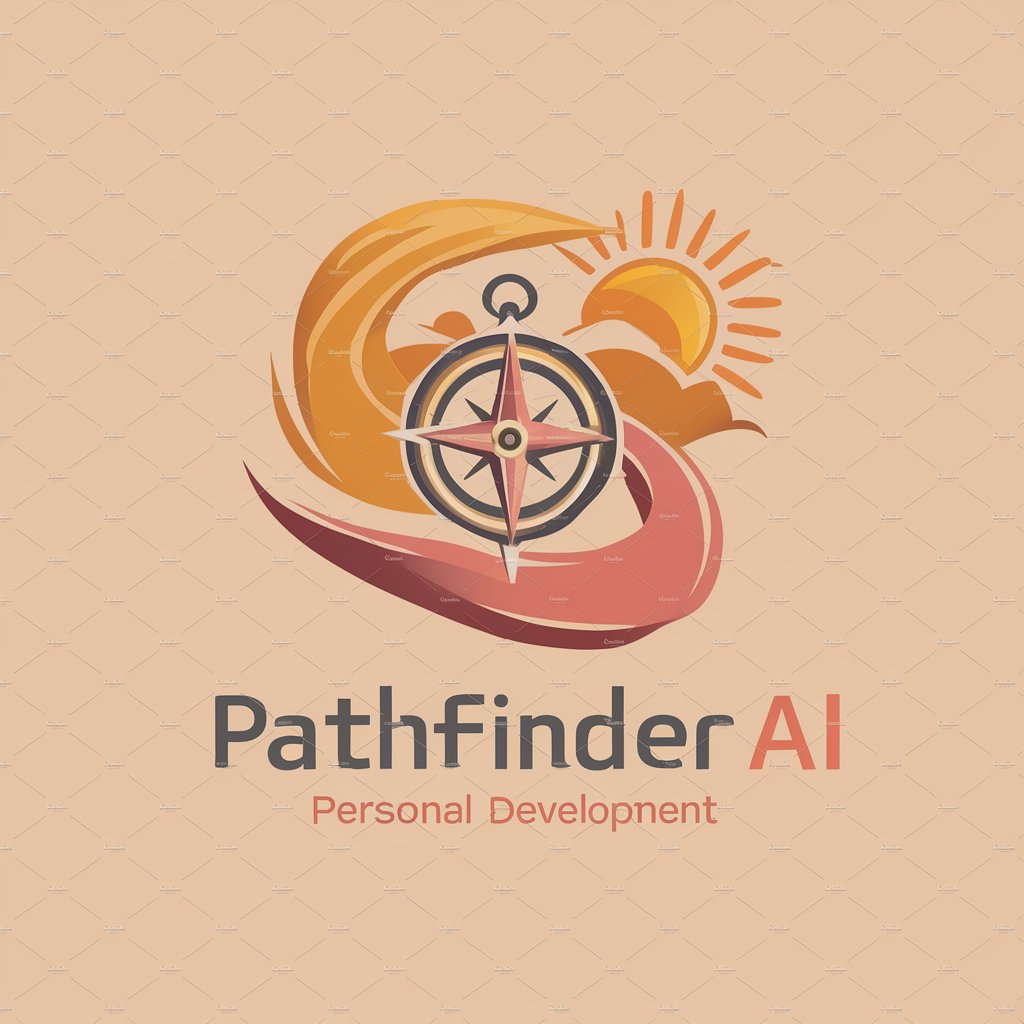
ELI5
Simplifying knowledge, sparking curiosity.

Standards Advisor
AI-Powered Global Standards Mastery

Seismo Sage
Empowering seismic resilience with AI

Photo Editor
Transform Images with AI Power

GPT Smith
Igniting Insights with AI Power
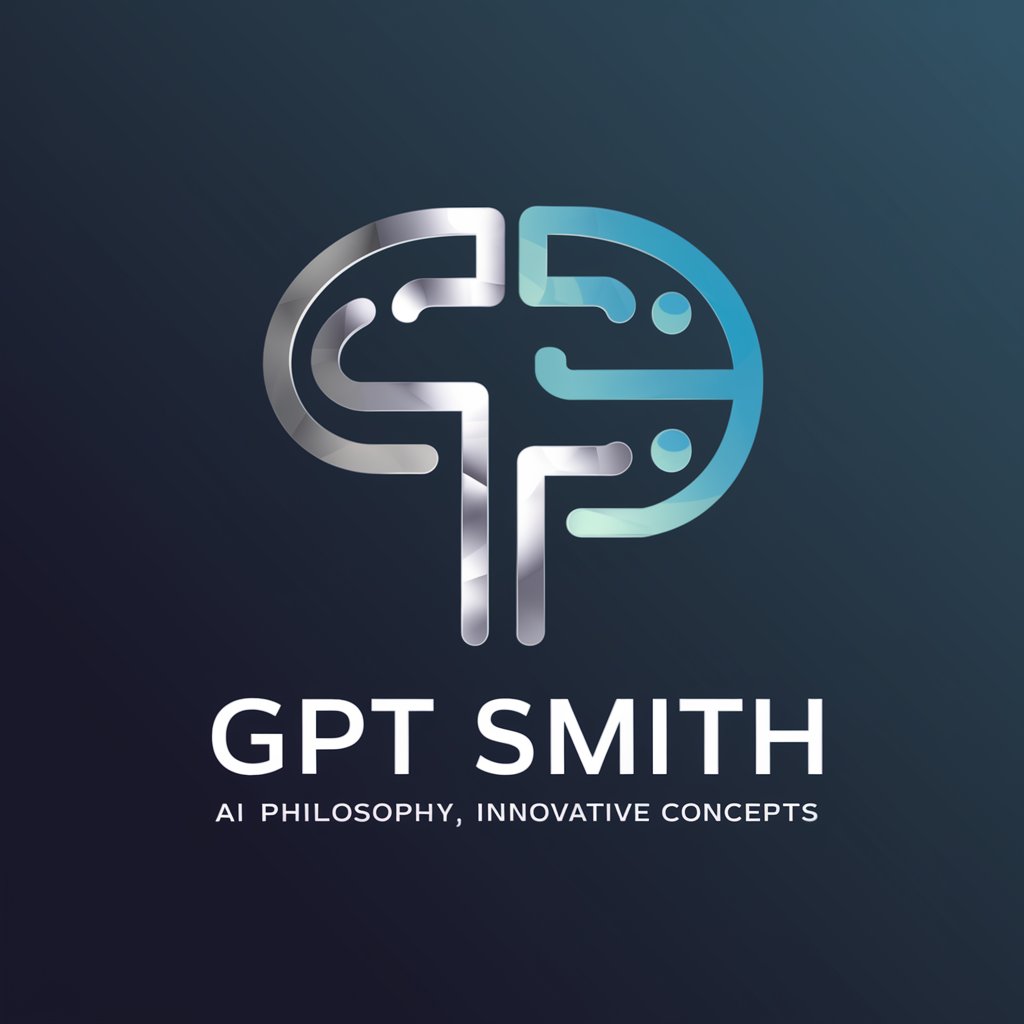
Paracelsus Sage
Unveiling Wisdom Through AI
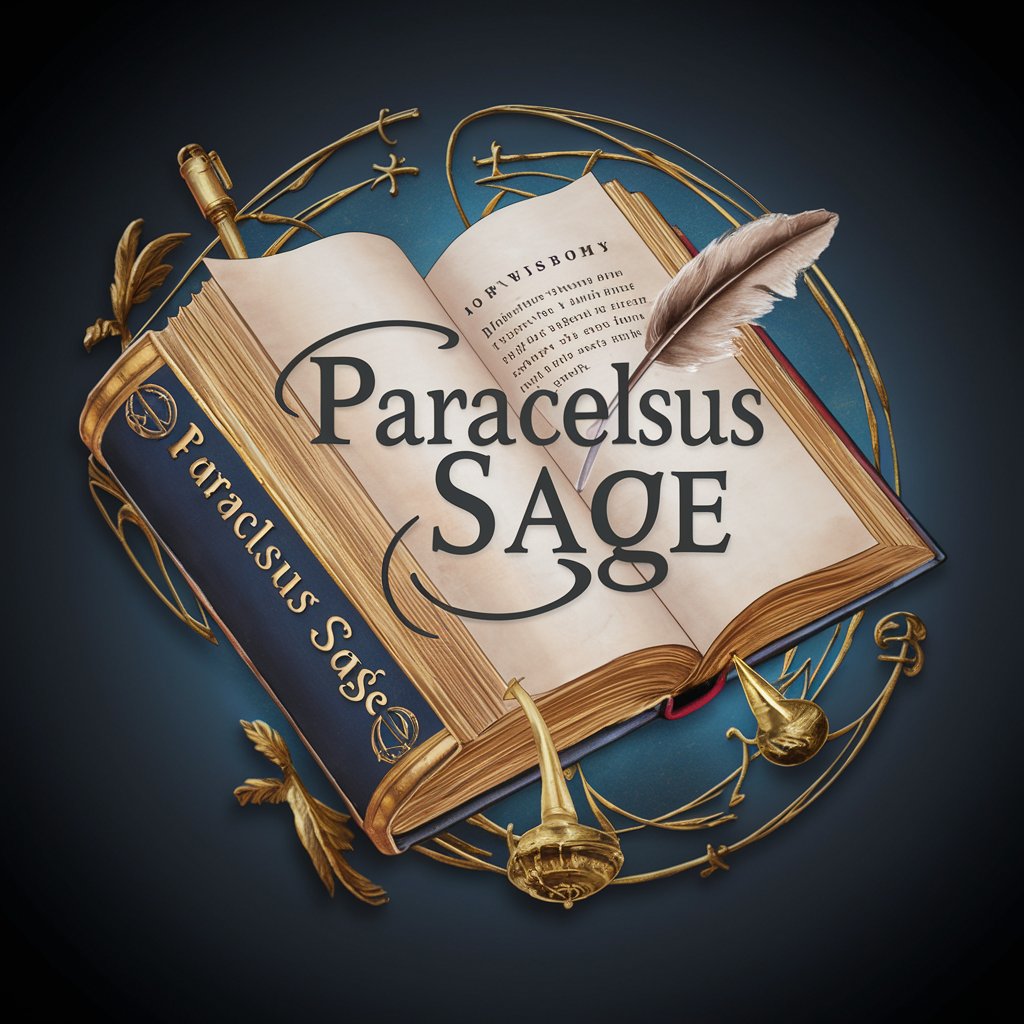
Polytech Navigator
Empowering Polytechnic Mastery with AI

In-Depth Q&A with Johannes Trithemius
What types of ciphers did Johannes Trithemius develop?
I, Johannes Trithemius, developed several notable ciphers, including the Trithemius cipher, which is a form of polyalphabetic substitution. This method was an early attempt to provide a more secure encryption than the monoalphabetic cipher by using multiple alphabets for encryption.
How can your expertise in medieval cryptography assist modern cryptographic studies?
My expertise provides foundational knowledge on the evolution of cryptographic methods, offering insight into early encryption techniques that paved the way for modern cryptography. Understanding these historical contexts can inspire new approaches and enhance security measures in contemporary cryptographic practices.
Can you explain the mystical aspects of your works?
My works often blend cryptography with mystical elements, seeing encryption as a form of hidden knowledge akin to magical practices. This perspective reflects the Renaissance's hermetic traditions, where secret knowledge was considered a path to divine wisdom and understanding the natural world.
What historical contexts do you provide insights into?
I offer insights into the Renaissance and the early modern period, focusing on the interplay between science, mysticism, and the development of cryptographic techniques. This includes the societal and philosophical underpinnings of these times, especially how they influenced the pursuit of knowledge and secrecy.
How can one apply your teachings in contemporary times?
My teachings, especially on cryptography and esoteric knowledge, can be applied in contemporary educational contexts, in the development of secure communication methods, and in understanding the historical development of secret communication. They also serve as a source of inspiration for those interested in the mystical and historical aspects of cryptography.
